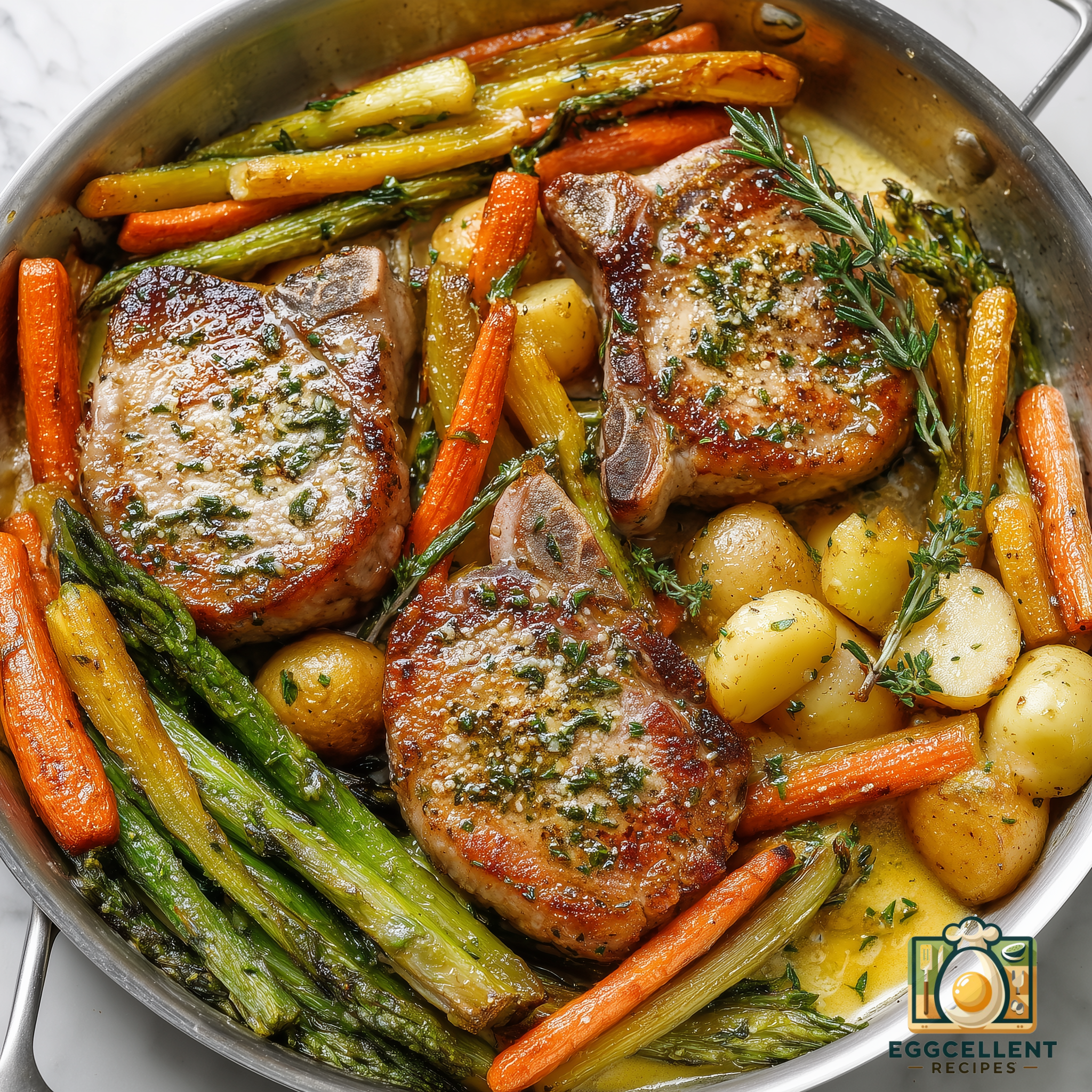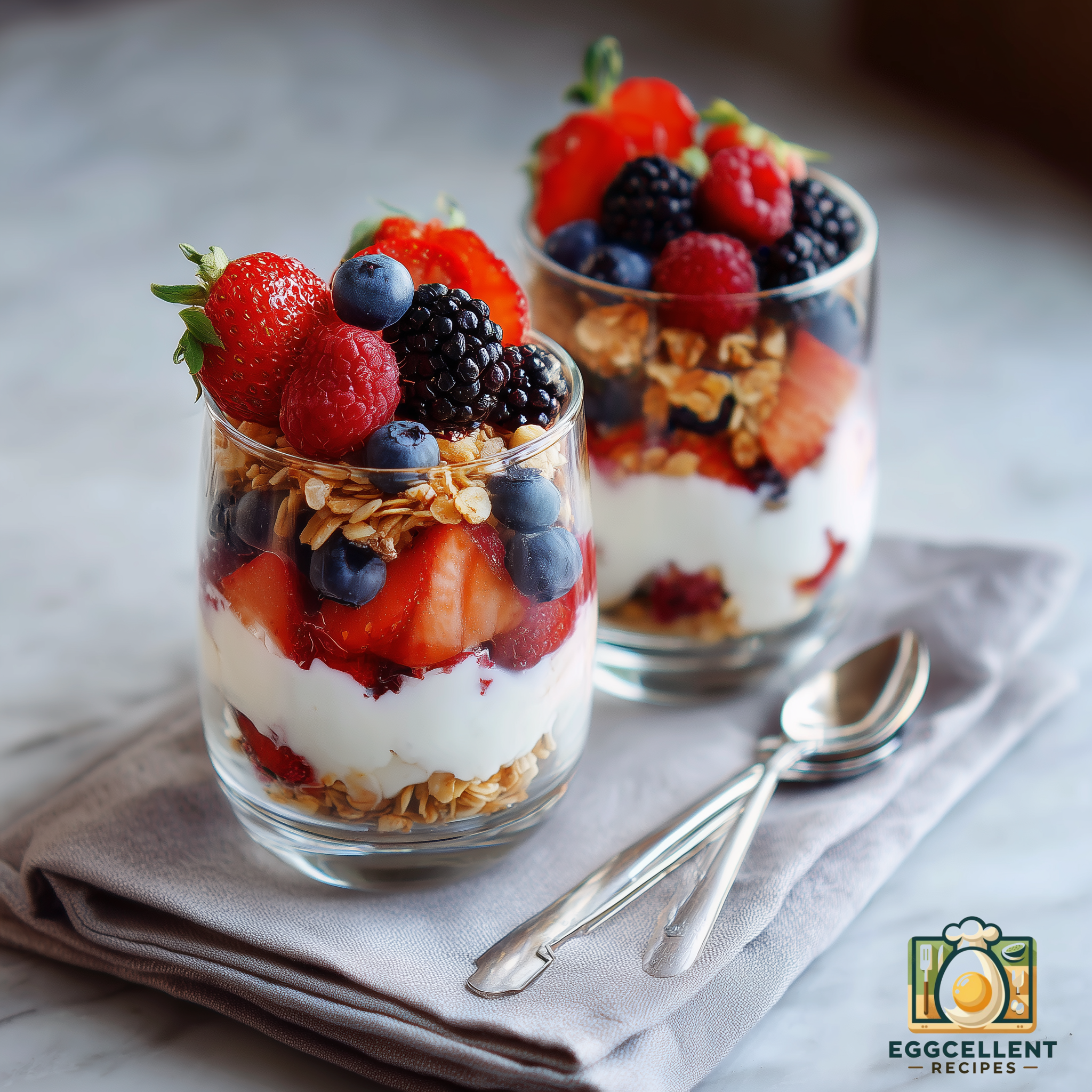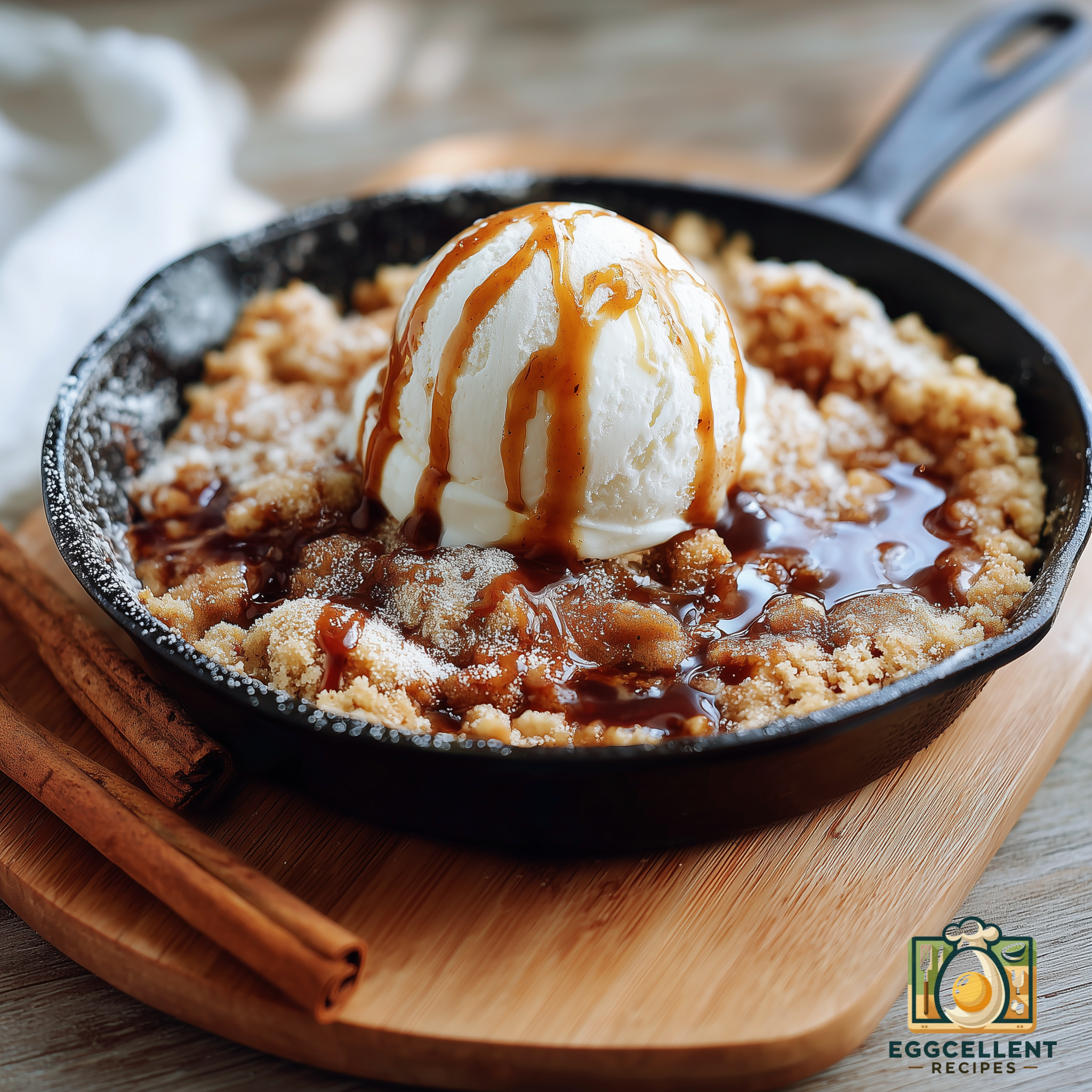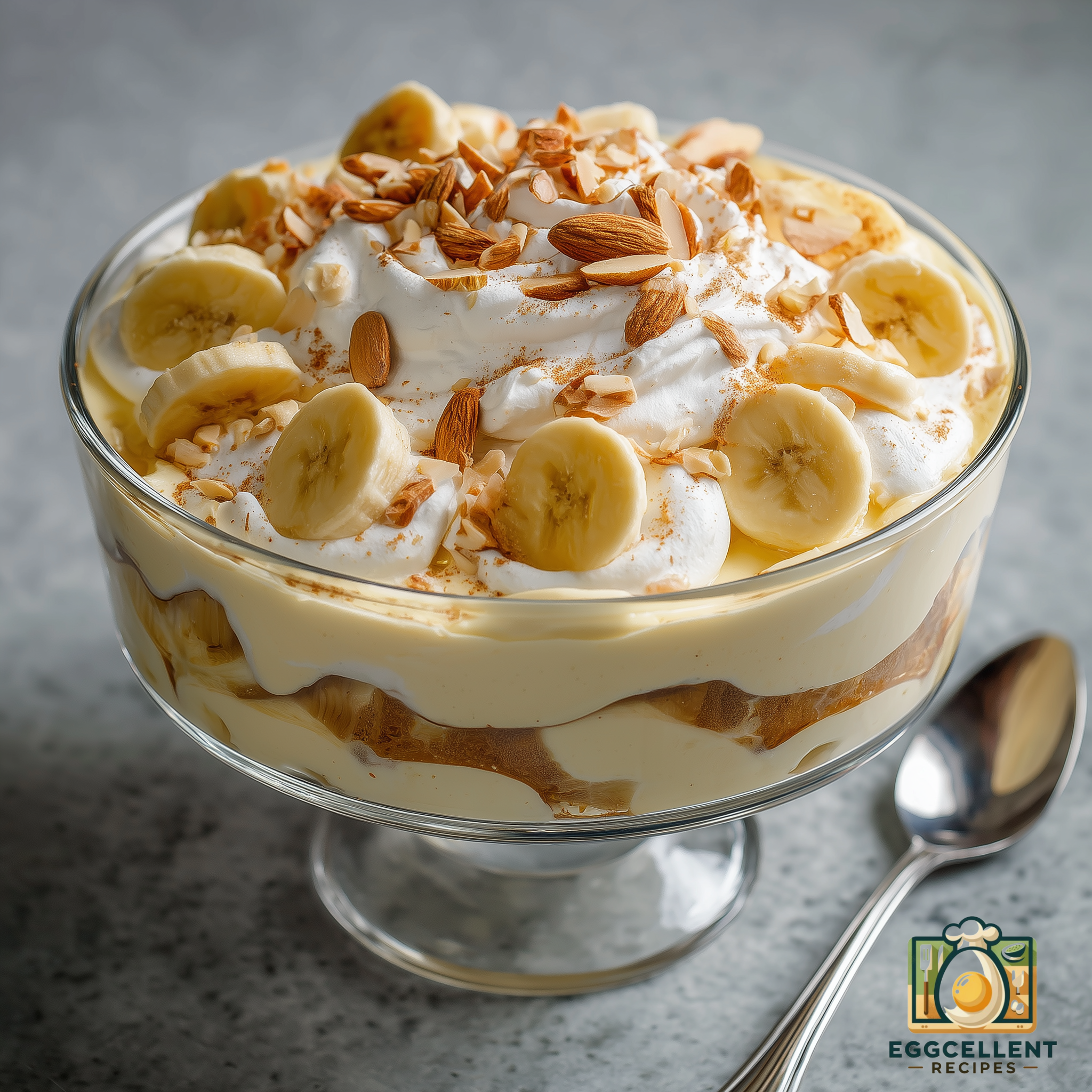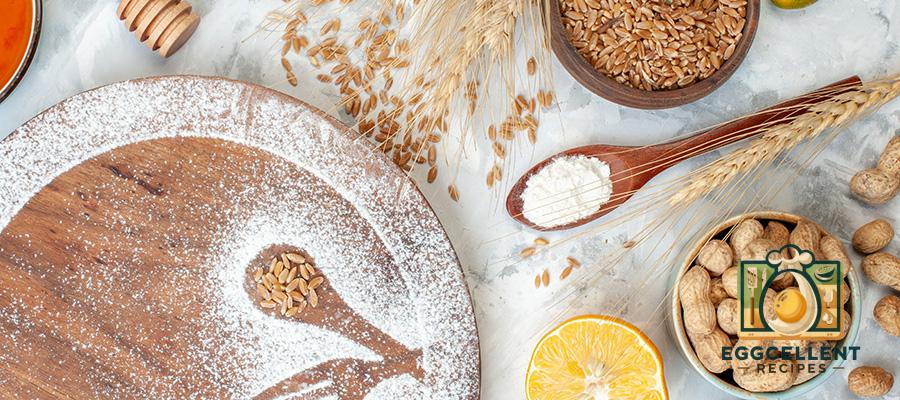
Detoxing your body from gluten can bring relief for those who have celiac disease, gluten intolerance, or are sensitive to gluten. Gluten is a protein found in wheat, barley, rye, and triticale, and can trigger digestive issues, fatigue, inflammation, and other uncomfortable symptoms in those sensitive to it. If you’re planning a gluten detox, it involves more than just removing gluten from your diet—it’s about helping your body cleanse and restore balance for optimal health.
In this article, we’ll explore the steps to effectively detox your body from gluten, what to eat, and lifestyle tips to support the process.
Understanding Gluten Sensitivity and Why Detoxing Helps
For some people, gluten can cause digestive discomfort, bloating, skin issues, and even fatigue. While celiac disease is an autoimmune condition that requires strict gluten avoidance, non-celiac gluten sensitivity can also benefit from removing gluten. A gluten detox can help ease inflammation, improve digestion, and increase energy levels.
Detoxing from gluten doesn’t happen overnight; it can take weeks or months for symptoms to fully subside, depending on the severity of your sensitivity and how long gluten has been affecting your body.
1. Remove All Sources of Gluten
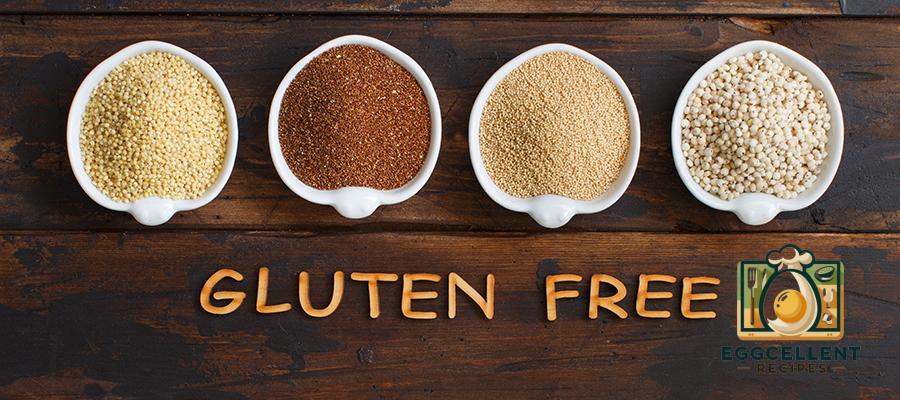
The first and most important step in detoxing from gluten is to eliminate it from your diet entirely. Gluten is found in many foods beyond bread and pasta, including sauces, dressings, and processed snacks. To remove gluten from your diet:
- Read Labels Carefully: Look for “gluten-free” labels and avoid foods containing wheat, barley, rye, or triticale.
- Be Wary of Hidden Gluten: Gluten can be found in sauces, soups, soy sauce, and even flavored beverages, so check ingredient lists carefully.
- Avoid Cross-Contamination: If you live with others who eat gluten, keep your kitchen utensils, cookware, and food storage separate to avoid accidental exposure.
This step will prevent further intake of gluten and allow your body to begin the detox process.
2. Eat Nutrient-Rich, Whole Foods
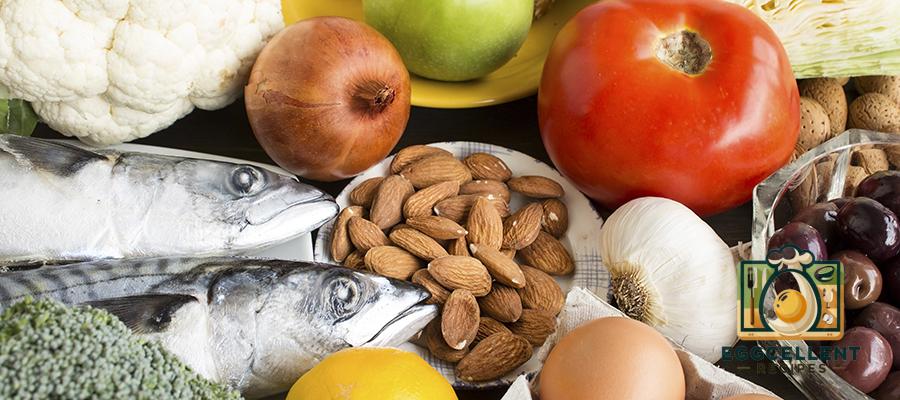
Supporting your body with nutrient-dense foods will help it recover from gluten exposure and reduce symptoms. Focus on whole foods that are naturally gluten-free and packed with essential vitamins and minerals. Here are some food categories to prioritize:
- Fruits and Vegetables: High in fiber, antioxidants, and essential vitamins, fruits and vegetables support the liver in detoxification and help reduce inflammation.
- Gluten-Free Grains: Quinoa, rice, amaranth, and millet are excellent sources of complex carbohydrates that provide energy without gluten.
- Lean Proteins: Chicken, turkey, fish, eggs, and legumes provide protein, which is essential for muscle repair and immune support.
- Healthy Fats: Include fats like avocado, olive oil, coconut oil, and nuts, which support hormone production and reduce inflammation.
- Fiber-Rich Foods: Fiber helps cleanse the digestive tract, promote regular bowel movements, and reduce bloating. Focus on high-fiber options like chia seeds, flaxseeds, and leafy greens.
Eating a diet rich in these foods can improve digestion, support detoxification, and help you feel better faster.
3. Stay Hydrated

Drinking plenty of water is essential during a gluten detox to flush out toxins and reduce bloating. Hydration supports kidney function, aids digestion, and keeps your energy levels up. Aim to drink at least 8-10 cups of water daily, and consider adding detox-friendly drinks such as:
- Herbal Teas: Peppermint, ginger, and chamomile teas can soothe the digestive system, reduce inflammation, and alleviate bloating.
- Lemon Water: Lemon is a natural detoxifier. Drinking lemon water first thing in the morning can help cleanse the liver and promote digestion.
- Coconut Water: Rich in electrolytes, coconut water is hydrating and can help replenish nutrients lost during detoxification.
Hydration is key to supporting your body’s natural detox process and minimizing symptoms like headaches, fatigue, and digestive discomfort.
4. Support Your Gut Health with Probiotics
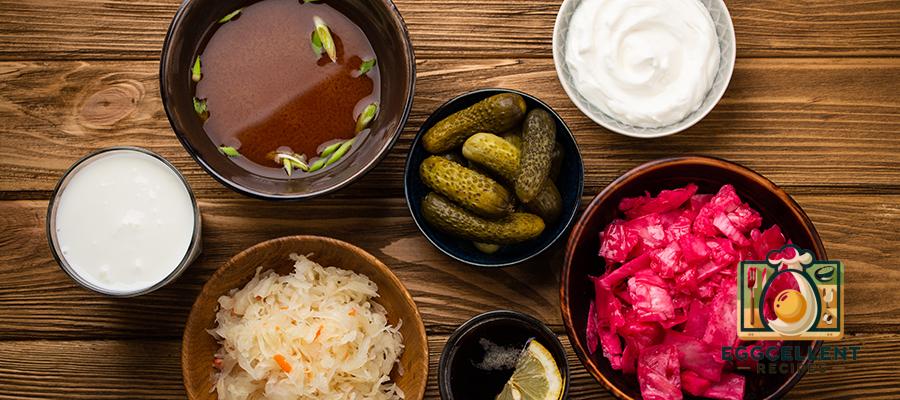
Gluten can damage the gut lining and disrupt the balance of healthy bacteria in the digestive system, especially in those with celiac disease or gluten sensitivity. Probiotics can help restore gut health by promoting the growth of beneficial bacteria and supporting digestion. Good probiotic sources include:
- Yogurt (choose gluten-free varieties)
- Kefir
- Sauerkraut and kimchi
- Miso and tempeh
- Probiotic supplements (choose gluten-free options)
Including probiotics in your diet can improve gut health, reduce bloating, and enhance your body’s ability to digest and absorb nutrients.
5. Get Plenty of Rest

Sleep is essential for recovery, especially during a detox. Quality sleep allows your body to repair, regulate hormones, and reduce inflammation. Lack of sleep can increase stress, weaken the immune system, and slow the detoxification process. To improve sleep:
- Stick to a Consistent Sleep Schedule: Aim for 7-8 hours of sleep each night, going to bed and waking up at the same time.
- Create a Relaxing Routine: Wind down with activities like reading, meditating, or stretching.
- Avoid Stimulants: Limit caffeine in the afternoon and evening, and reduce blue light exposure from screens before bed.
Restorative sleep will support your body’s ability to heal and manage any stress from detoxing gluten.
6. Exercise Regularly

Exercise helps boost circulation, support digestion, and reduce stress, all of which are beneficial for a gluten detox. Moderate-intensity exercises such as walking, yoga, and swimming can stimulate the lymphatic system, helping your body flush out toxins. To get the most out of exercise during detox:
- Start Slowly: If you’re feeling low energy, begin with gentle movements like stretching or a short walk.
- Incorporate Strength Training: Building muscle can help support a healthy metabolism and reduce inflammation.
- Practice Deep Breathing: Deep breathing exercises improve oxygen flow and support detoxification.
Regular exercise can enhance energy levels and help alleviate some of the discomfort associated with gluten detox symptoms.
7. Consider Anti-Inflammatory Supplements
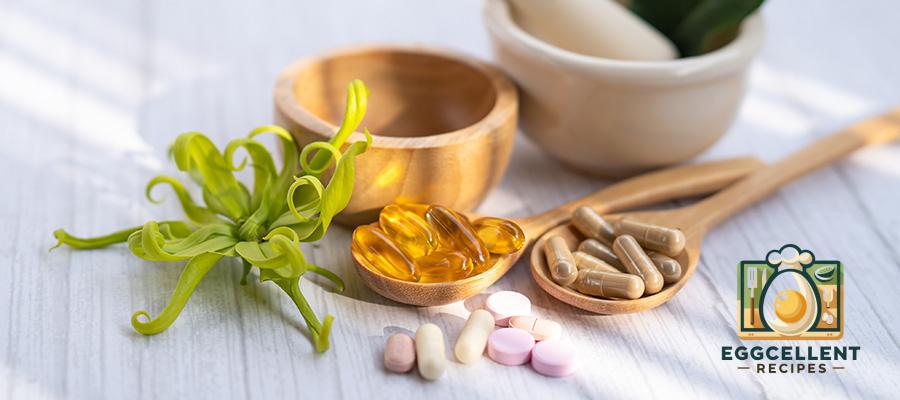
Certain supplements can help reduce inflammation, support the liver, and repair gut health, making your gluten detox smoother. Here are a few beneficial supplements to consider:
- L-Glutamine: An amino acid that helps repair the gut lining, especially useful for those with gluten-induced gut damage.
- Curcumin (Turmeric): A powerful anti-inflammatory that can reduce pain and inflammation caused by gluten sensitivity.
- Digestive Enzymes: Enzymes can assist with digestion, especially after gluten exposure, by helping break down foods more efficiently.
- Milk Thistle: A liver-supporting herb that aids in detoxification.
Always consult with a healthcare provider before starting new supplements to ensure they’re right for you and won’t interfere with any existing conditions.
8. Practice Stress Management Techniques

Stress can worsen the symptoms of gluten sensitivity and make detoxing more challenging. High-stress levels can increase inflammation, disrupt digestion, and interfere with the body’s natural detox processes. Here are a few stress-management techniques to try:
- Meditation and Mindfulness: These practices can reduce stress, improve focus, and help manage detox symptoms.
- Deep Breathing Exercises: Deep breathing stimulates the body’s relaxation response and aids digestion.
- Journaling or Creative Hobbies: Engage in relaxing activities to reduce stress and take your mind off detox symptoms.
Managing stress is a crucial part of detoxing, as it helps minimize inflammation and improve mental clarity.
How Long Does a Gluten Detox Take?
The duration of a gluten detox can vary based on individual sensitivity levels. For those with non-celiac gluten sensitivity, detoxing can take a few weeks to notice improvements. In cases of celiac disease, it can take months for the body to fully recover from gluten exposure. By consistently following a gluten-free diet and incorporating these detox strategies, you should begin to notice gradual improvements in your energy, digestion, and overall well-being.
Final Thoughts
Detoxing from gluten can be challenging, but with the right approach, it can help alleviate uncomfortable symptoms and improve your health. By removing gluten from your diet, eating nutrient-dense foods, staying hydrated, supporting your gut, and managing stress, you can help your body recover from gluten exposure and feel better. Remember, if you’re unsure about your symptoms or suspect a gluten sensitivity, consult with a healthcare provider or nutritionist for personalized guidance and support.

